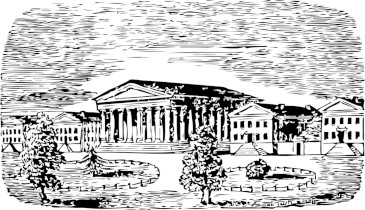John Maynard Keynes? Paul Bareau? John Paul Getty? Anonymous?

Question for Quote Investigator: The relationship between bankers and borrowers is symbiotic and occasionally counter-intuitive. Here is a pertinent adage:
If you owe the bank $100, that’s your problem; if you owe the bank $100 million, that’s the bank’s problem.
The prominent economist John Maynard Keynes apparently made a similar remark using pounds sterling instead of dollars. Would you please explore this topic?
Reply from Quote Investigator: The earliest strong match known to QI occurred in a memo that Keynes circulated to the British War Cabinet in 1945; however, the attribution was anonymous. Emphasis added to excerpts by QI:1
On such conditions, by cunning and kindness, we have persuaded the outside world to lend us upwards of the prodigious total of £3,000 million. The very size of these sterling debts is itself a protection. The old saying holds. Owe your banker £1,000 and you are at his mercy; owe him £1 million and the position is reversed.
Below are additional selected citations in chronological order.
Continue reading “Quote Origin: Owe Your Banker £1,000 and You Are at His Mercy; Owe Him £1 Million and the Position Is Reversed”






